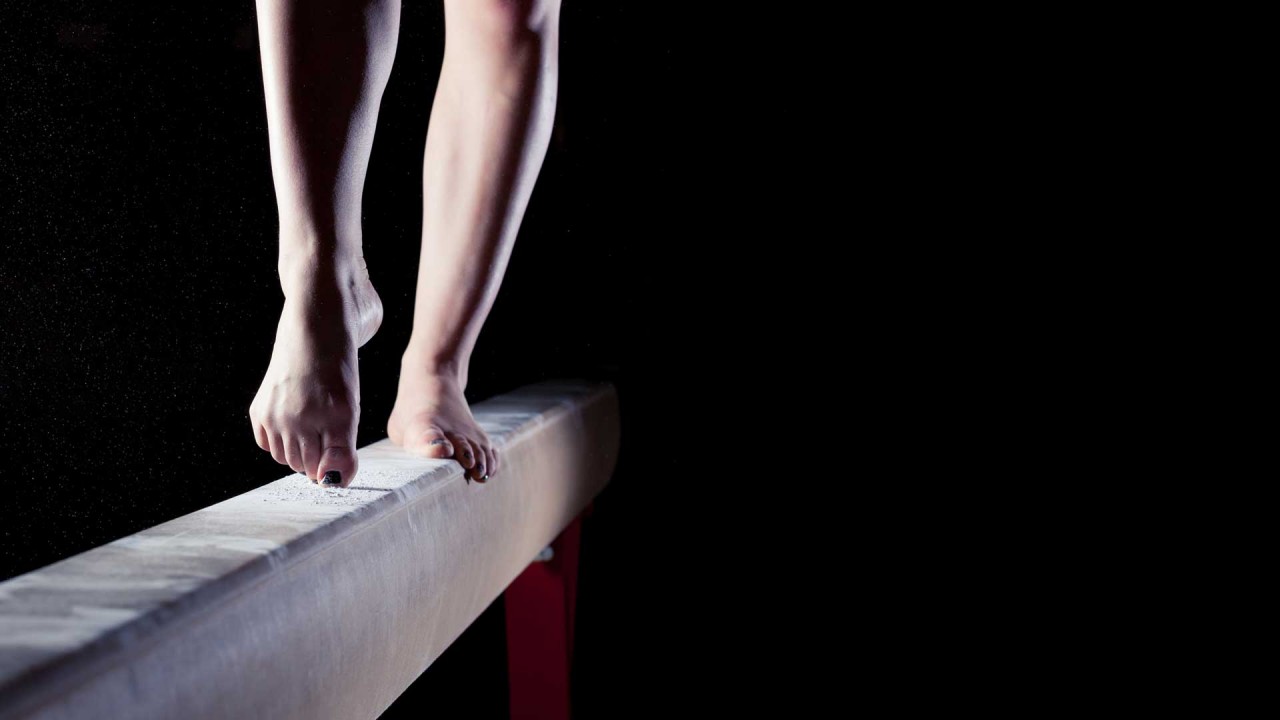.
What Simone Biles can teach us about understanding mental health
When US gymnast Simone Biles withdrew from several events in the Tokyo Olympics to protect her mental health, there were predictable knee-jerk reactions from the usual suspects.
Chief among them was professional agitator Piers Morgan, who couldn’t wait to stoke the anti-woke fire, accusing Simone of letting down her teammates and country because she wasn’t having fun.
Many agreed with him. Piers himself appeared impervious to the irony of his statements, given that in March he’d flounced off Good Morning Britain after being called out by co-presenter Alex Beresford for his continued criticism of Meghan Markle and Prince Harry.
Sadly, it seems that in these times of culture wars, identity politics and snowflakes vs gammons, sensible debates about mental health are drowned out by polarised opinion and noise.
When you dial down the trolls and the rhetoric, however, and listen to Simone’s reasoning and consider the external factors, you get a much clearer picture of the rationale behind her decision.
She explained she was suffering from the ‘twisties’, a mental block that can affect gymnasts when, for whatever reason, their body and mind are not in sync. “I don’t think you realise how dangerous this is on a hard/competition surface,” she explained to her detractors. In gymnastics, a wrong footing or a mistimed dismount can lead to life-changing injury or worse.
Context is everything in mental illness and health
When we have discussions about mental health, context is everything. So when you take a step back and consider what Simone has been through in the past few years, her decision is understandable. Indeed, it's admirable she even got to the Olympics in the first place.
In 2018, she revealed she was sexually abused by her sports doctor Larry Nassar, who was sentenced to 40-175 years in prison on various sexual abuse charges after a separate 60-year sentence for child pornography. He has been accused of sexual abuse by more than 330 girls and women.
Then, in the same year, her eldest sibling, Tevin Biles-Thomas, was charged with murder after a New Year’s Eve party shooting in Cleveland left three men dead at the end of 2018. The charges against him were dropped but Simone revealed she struggled with the tragedy.
In Tokyo, she admitted she was nervous and when, in her first appearance, her vault went awry and she lost her bearings mid-air before stumbling out of her landing, as a professional she knew she would be in danger if she persisted.
Don’t make snap judgements, look and listen beyond what you first see and hear
Unfortunately, there’s still a stigma when it comes to mental health and conversations around it. Thankfully, forward-thinking people and workplaces increasingly understand that mental health is just as important to people’s happiness and wellbeing as physical health.
It can be tempting to read the headlines or hear the gossip and make snap judgements, as many did in the case of Simone. They’d done the same in the case of tennis player Naomi Osaka, who withdrew from this year’s French Open on mental health grounds.
But the most important thing is to have conversations and understand context. We should be supporting positive mental health strategies, not joining pile-ons and victimising those who are brave enough to admit they are having mental health issues.
Context and conversation lead to understanding. They allow us to realise that a 24-year-old world champion gymnast has shown the world what true strength looks like, by stepping away from the world stage and acknowledging that it’s okay to look after yourself first.
























